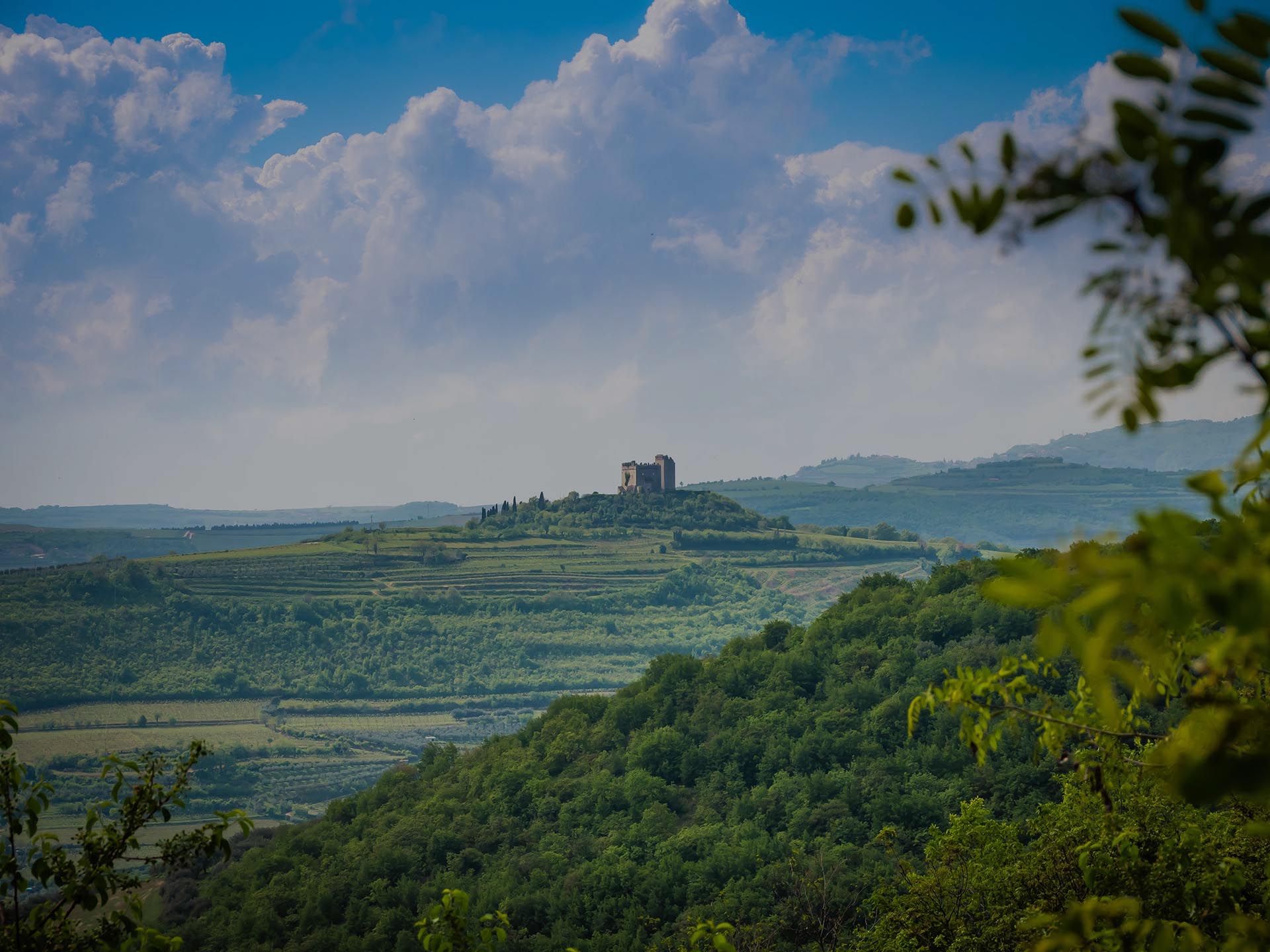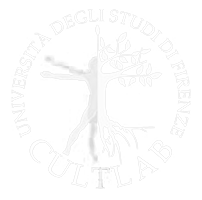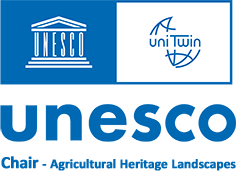LATEST NEWS
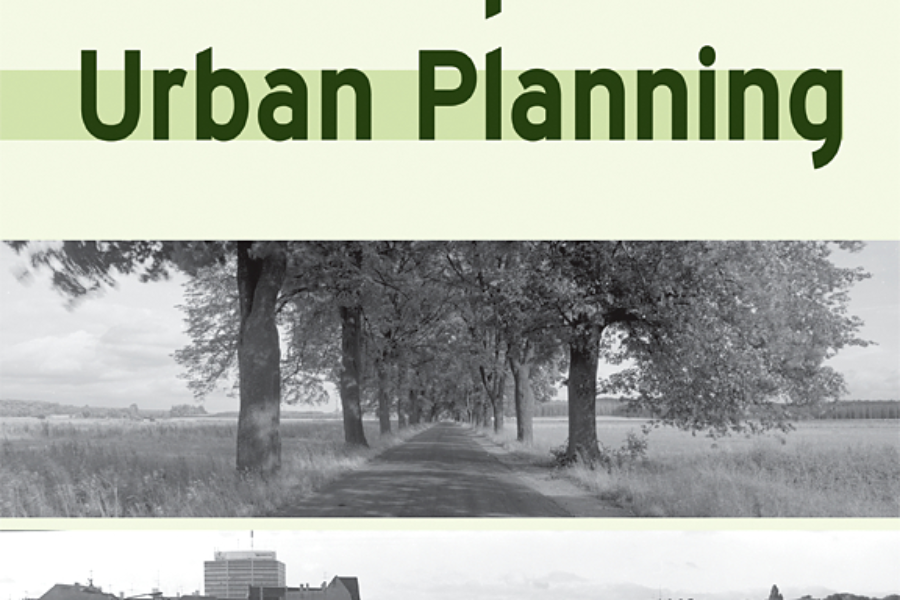


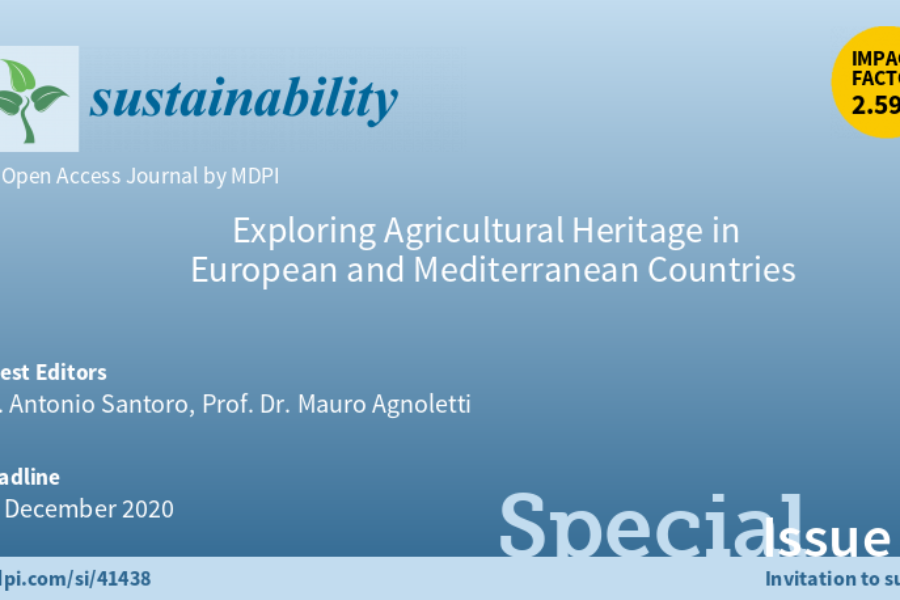
MAURO AGNOLETTI
Chair holder, UNESCO Chair Agricultural Heritage Landscapes. Institute of Higher Studies , University of Florence, Italy. mauro.agnoletti@unifi.it
Associate Professor, Department of Agriculture, Food and Forest Management, Faculty of Agriculture University of Florence.
Director – Laboratory for Landscape and Cultural Heritage of the University of Florence. Coordinator,Interdepartmental Unit on Management and Conservation of Rural Landscape, University of Florence.
Teaching: he teaches the courses of Planning of rural landscape, Environmental and landscape history; Methods and Strategies for the Management of Green Spaces and Landscape; Faculty of AgricultureUniversity of Florence.
Director, Master Course “Agricultural Heritage Systems”, Faculty of Agriculture University of Florence.
Most his recent activities are dedicated to the valorization of rural landscapes in the framework of rural development strategies. He had several teaching experiences in USA, Germany, France, Poland. He has published more than 250 scientific papers and he is the author/editor of 20 books.
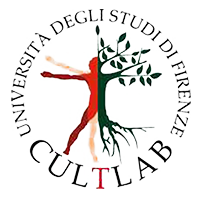
THEMATIC AREAS
In research, the rural landscape is considered as the result of the integration in space and time of economic, social and environmental factors, a complex “resource”, of which farmers were the main architects. The growing attention to the rural landscape is linked to a profound evolution of society and policies, which today interpret it as a more effective reference paradigm than just production or environmental issues, offering a point of reference close to the real values expressed by the our territory. From the economic point of view the concept of production has left more and more field to that of “quality”, not only of the quality of the products, but of an integral quality, which associates each product to its landscape, producing an added value not replicable to the outside the places of origin. The biodiversity associated with the landscape can only be maintained through an active management of natural resources, in which agricultural techniques and practices developed over thousands of years of history constitute extraordinary examples of adaptation to changing and difficult environmental conditions.



